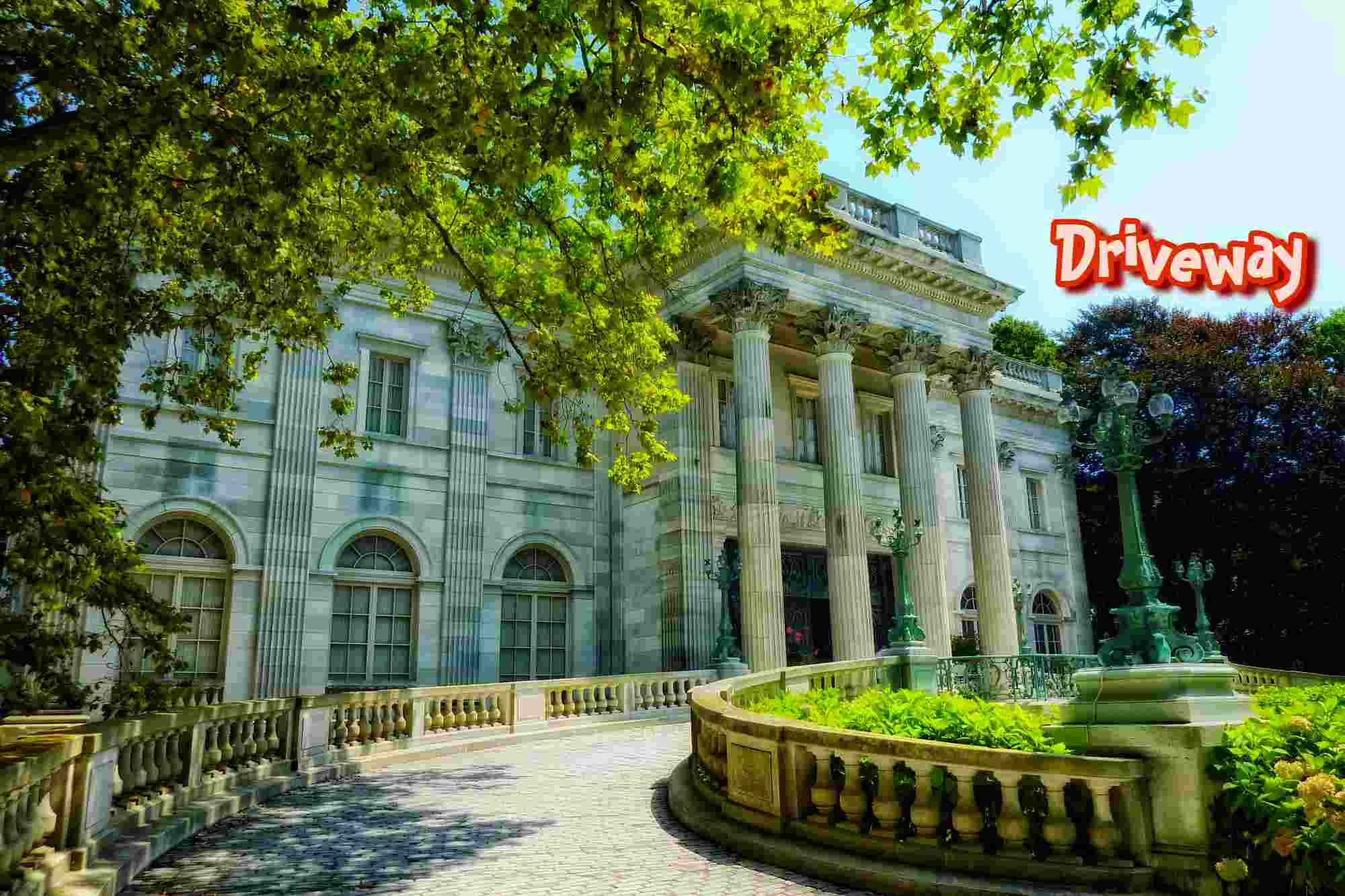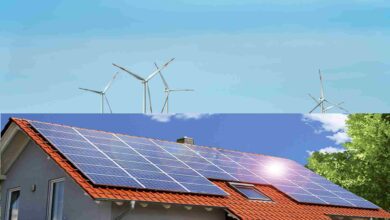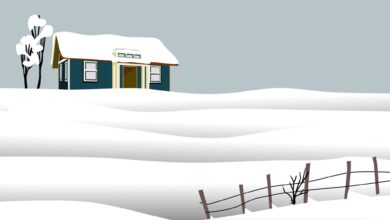If your driveway is looking worn out and beaten up from years of use, you may be considering replacing it with a new surface. Upgrading your driveway can increase the value of your home, improve aesthetics, and provide a safer, more functional area for parking cars. When selecting a new driveway material, you’ll want to take into account factors like cost, durability, and maintenance requirements. Here’s an overview of some of the most popular driveway surface options to consider when replacing an existing driveway.
Asphalt
Asphalt is one of the most economical options for resurfacing or replacing an existing driveway. This type of hot mix asphalt is the same material used on roads and highways. An asphalt driveway can last 15-20 years with proper installation and occasional sealcoating to protect the surface.
Advantages of asphalt driveways include the low cost and quick installation. Asphalt also provides a smooth, seamless surface that is free of cracks and stones. It comes in various colour options and can be stamped or painted to give a customised look. One downside is that asphalt tends to deteriorate faster in extremely cold climates thanks to the annual freeze-thaw cycle.
Concrete
Poured concrete is another common material for driveways. Concrete lasts longer than asphalt, typically needing replacement every 25-30 years. Concrete is also very durable for heavy vehicles like lorries and vans. Stamped or stencilled concrete can mimic the look of brick, stone, or other textures if a plain slab is too boring.
Concrete does have some disadvantages – it generally costs more to install than asphalt and repairs can be more difficult and expensive. The light colour of concrete also shows tyre marks, oil drips, and other stains rather easily unless you apply a sealer. Annual sealing is recommended to protect concrete driveways from damage.
Pavers
For a stylish, customisable driveway, concrete pavers provide an attractive option. Pavers come in tons of sizes, colours, shapes, and patterns, allowing you to create a unique look. The individual bricks are installed on top of a sand or gravel base, leaving drainage gaps to prevent puddles.
Pavers have a long lifespan of about 25-30 years. They also allow for easy repairs – you can remove and replace individual damaged sections if needed. While a paver driveway offers charm and aesthetic appeal, it comes at a cost. Pavers have a higher upfront investment than poured concrete or asphalt.
Resin Bound Driveway
A newer type of driveway surface that’s growing in popularity is resin-bound driveways. This consists of gravel being bound together with a clear resin, creating an attractive, permeable surface. The finished look resembles loose gravel, but it is firm enough for cars and vehicles to drive on without pushing stones out of place. You can look at some examples of resin driveways by visiting this driveways Warwickshire company.
Resin-bound driveways provide excellent drainage during rainstorms. The gravel stones can come in various natural shades and textures to suit your home. While an attractive option, keep in mind that a resin-bound driveway is labour-intensive to install, requiring a specialist crew. It’s also one of the more expensive driveway surfaces.
When choosing a new driveway material, consider the upfront cost along with the expected lifetime, maintenance needs, drainage, and aesthetic appeal. Asphalt and concrete tend to be the most affordable and easiest options. For a more decorative, customised look, pavers or resin-bound gravel offer greater visual interest.
Weigh the pros and cons of each type against your budget, expected usage, and personal preferences. With proper installation and care, your new driveway should provide many years of hassle-free parking and enhanced kerb appeal.
Please explore our site for more exciting content if you liked dis article.





